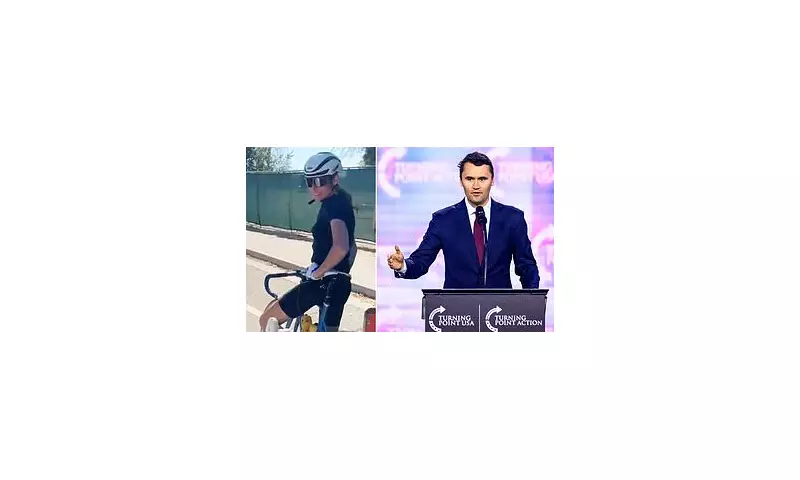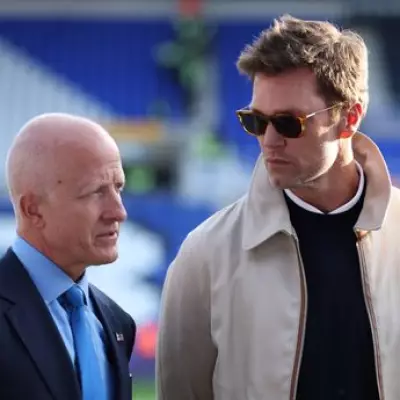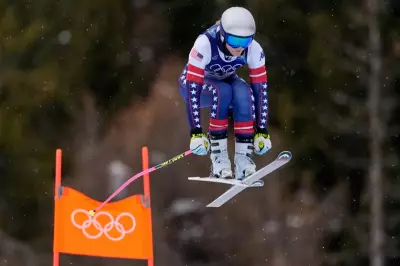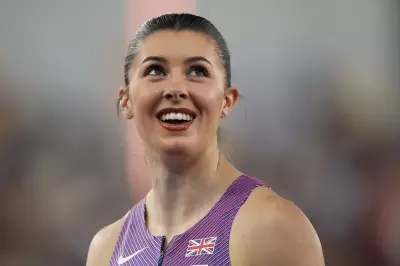
The world of competitive sports is once again at the centre of a heated debate on inclusivity and fairness. Chelsea Wolfe, a transgender BMX freestyle rider, has been selected as an alternate for the US women's cycling team ahead of the Tokyo Olympics, a move that has ignited a firestorm of controversy.
The announcement has drawn sharp criticism from those who argue that athletes who were born male retain inherent physical advantages, even after transitioning. This has placed Wolfe, a talented rider in her own right, in the eye of a political and social storm that extends far beyond the BMX park.
The Voice of Opposition
Leading the charge against the decision is American conservative commentator Charlie Kirk. He vehemently condemned Wolfe's selection, labelling it a "terrible and unfair situation" that makes a "mockery of women's sports". His comments on social media have amplified the issue, bringing it to a global audience and sparking intense discussion among his followers and critics alike.
This incident is not isolated. It echoes the ongoing international conversation surrounding transgender athletes in female competitions, a topic that governing bodies across various sports continue to grapple with, often without a universally accepted solution.
Who is Chelsea Wolfe?
Beyond the headlines, Chelsea Wolfe is a highly skilled athlete who has been competing in BMX for years. Her journey to the Olympic team is the result of significant dedication and training. However, her identity has unfortunately overshadowed her athletic achievements, making her a focal point in a debate much larger than herself.
The US cycling team's selection policy, which aligns with the International Olympic Committee's framework on transgender athletes, has placed Wolfe in a reserve role. While she may not compete unless another team member is injured, her official status on the team is what critics are challenging.
As the Olympics approach, the controversy shows no signs of abating. It underscores the complex challenge of balancing transgender inclusion with the pursuit of a level playing field in elite women's sports, a dilemma that the sporting world must continue to address.





